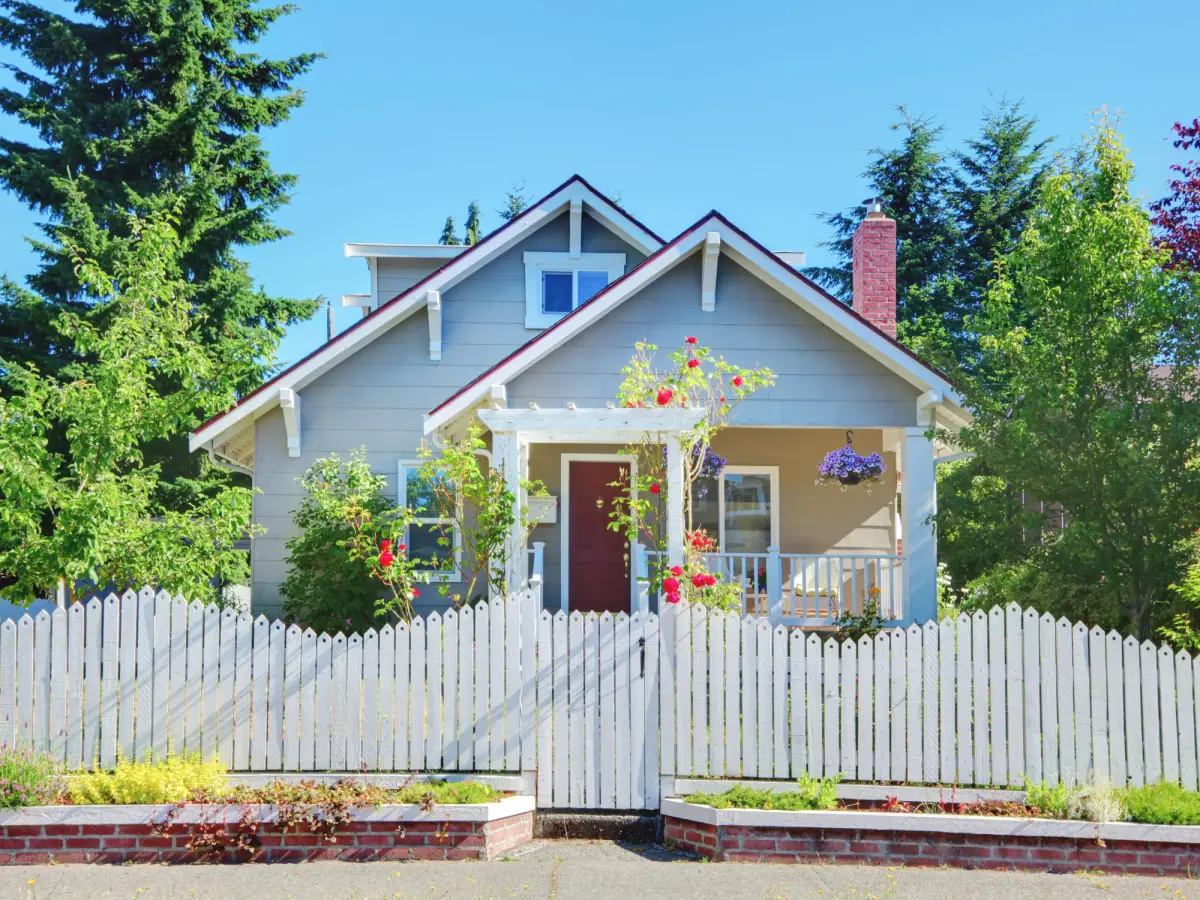When going on holiday, leaving an empty home is often a problem, even just for a weekend. To avoid nasty surprises on your return, a number of precautions should be taken before leaving.
When going on holiday, leaving an empty home is often a problem, even just for a weekend. To avoid nasty surprises on your return, a number of precautions should be taken before leaving.

One of the first concerns of the holiday-maker is the fear of burglary. Several solutions exist to discourage this inconvenience during your absence:
Now that you have safeguarded against burglaries, it is also a good idea to protect yourself against other potential damage, such as flooding or plumbing problems:
People often share their homes with pets. Here are a few solutions for looking after them when you go on holiday:
In the same way, plants need to be taken care of during your holiday: